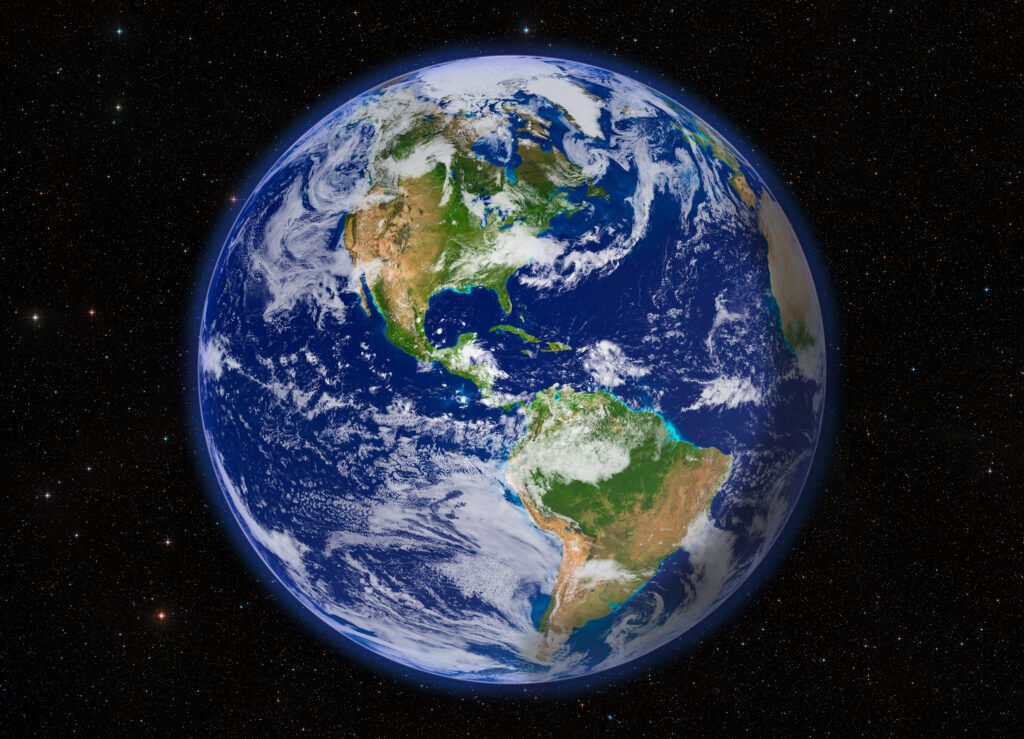
The inspiration of, A Blink Of An Eye is being created to tell my story, and I hope it has a positive impact on your life, like it has mine.
My name is Ed, and when I was younger I wanted to believe in God and our creation from the beginning. I went to church with my parents and other family members, and it was a good time spending it with them and other members of the community.
As I got older and interacted with teachers and other kids at my school, I would share my beliefs with them. Many would try and cast doubt in my beliefs:
“You don’t really believe in the universe being created in 6 days? Or Adam & Eve? The story about the fruit? Or Noah’s Ark? That was all fiction.”
This was not just other kids, but also teachers and adults who cast doubt on my beliefs. So I stopped discussing them, but deep down I still felt there is more to life than the way we are living.
Keep in mind—I’m not a pastor, a religious leader, or a prophet. I’m just like you, someone who has lost faith and questioned the existence of God.
So I started praying for God to guide me to make the right decisions for me and my family. I understand that I’m a sinner, and I know it.
Even though I am a confident person with things I am comfortable with, this search led me down a path that was new and out of my comfort zone.
A few months ago, a dream woke me up. I asked myself—could this be the answer?